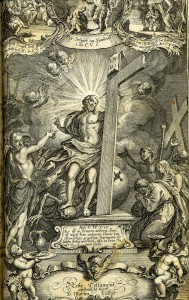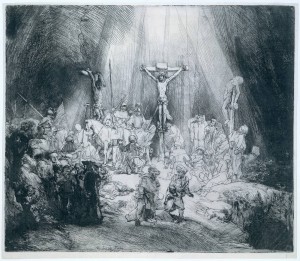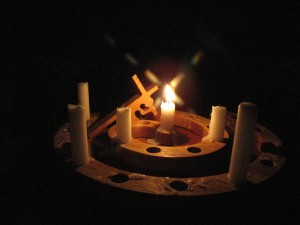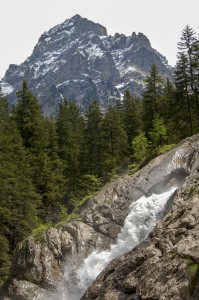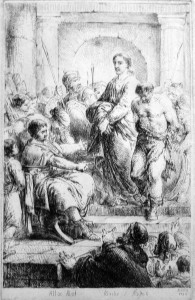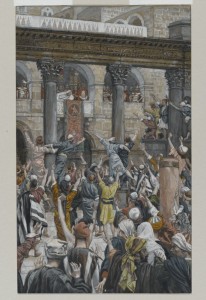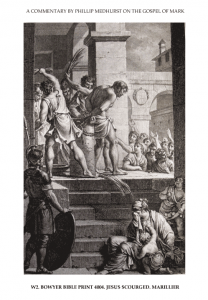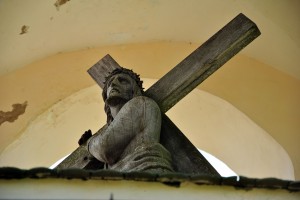To hear my blog post read aloud, just click the play button. If you’re reading this in an email, you may have to click here to hear the post on my site.
Our culture is passionate about the importance of the individual.
We believe deeply that each person (especially our own person) should have all they need to be happy.
We are also quite certain that anything which claims to be good news must primarily be about benefiting us as individuals.
Even the Good News.
Many of us in the church were taught that the word gospel means good news.
It does.
The word gospel is translated from the Greek word evangelion/evangelizo which means good news or one who brings good news.
But what is the Good News?
Many of us in the church were taught that the Good News is that Jesus died to rescue us.
It’s not.
Don’t get me wrong. Jesus dying to rescue us is good news, indeed.
But it’s not the Good News. It’s not the best news.
The Good News of the Gospels is not that Jesus saved the world; it is not that He died so that we can be with Him forever, although these certainly are pieces of very good news.
The Good News of Scripture, rather, is that the Jesus who died and rose from the dead is Lord of all.
He is Lord of lords and King of kings, and because of this He has power over all of creation, even death itself, power over Satan.
Within that is a personal good news, of course, but a personal good news is not the primary Good News.
The primary Good News is not just good news for the individual person. It is not even good news for all of mankind. The primary Good News is good news for all of creation.
This is so much bigger than us and is so much more excellent than our attempts to confine the Gospel by our tiny definitions of what is good for me.
The news that Jesus is Lord of all is news that can be celebrated by the singing of mountains and the clapping of trees.
This is true Good News for all.
Art credits: page from a 1769 German Luther Bible; Rembrandt’s The Three Crosses; final photo of mountains and trees by Kirk Sewell; all other photographs copyright by Elizabeth Giger


